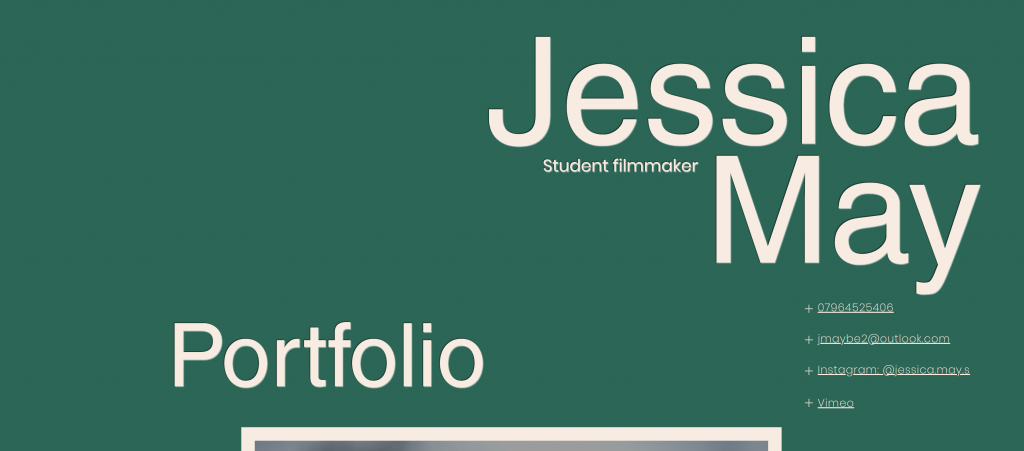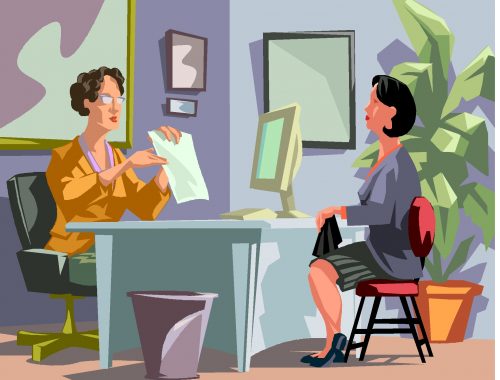Expectations and Reality
In preparation for my work placement, I researched the film industry in detail. I knew I had chosen a difficult industry to break into. As Gregory writes, ‘It’s estimated that 60,000 people try to break into the audio-visual industries in the UK television, radio, film and interactive media industries, every year. That’s a lot, considering 200,000 already work in them’. I knew I needed to put in the work to get in. I rewrote my CV, created my own website, looked over potential interview questions, and completed various ScreenSkills courses such as Covid training and bullying and harassment in the workplace. I was prepared for anything.

Nevertheless, in my reflections, it became quite clear that my high expectations were severely different from the relaxed, enjoyable reality of the friendly company I found myself in. In this blog post, I will be writing reflectively on starting my placement at Night Staff using Gibbs’ Reflective Style as my structure aiming to be objective about my own subjectivity.

I’ll set the scene… It was a rainy September morning at the Junction Cafe on Queen’s campus. As I awaited the arrival of my first potential film industry employer, I anxiously went through my mental checklist. Paperwork? Check. Copy of my CV? Check. An abundance of pre-planned answers in my head? Check. I had everything I needed for a highly formal interview with an intimidating figure. I was ready to break into the industry that had long seemed unreachable. The reality? I had coffee with a new friend and a relaxed chat about the role I was taking on as a shadowing director and production trainee. I was stressed for absolutely nothing. I hadn’t anticipated the laid-back nature a job interview could bring.
Description: What happened? I was preparing for my interview. We had set a date, a time, and a place. Junction Cafe. A place I felt at home. I had researched interview questions, printed multiple copies of my CV, taken much-needed time to practice how to present myself, and researched Night Staff, the company I was interviewing for, in as much detail as I could. On the day I arrived early, grabbed a cup of tea, and waited for Ross. Meanwhile, I was going over my preparations in my head and the notes I made. As it turns out, the interview I was anxiously preparing for was more of a friendly chat about what I could do for the company and what the company could do for me.
Feelings: What were you thinking and feeling? Anxious. The most obvious way to describe my feelings at the time was pure anxiety. In preparing for the interview, I knew the odds of success through my research and so my thoughts revolved around standing out and being someone an employer simply couldn’t turn down. Whilst waiting for the interview at Junction, I was thinking about what I would want an employee to be like if I was an employer. I tried putting myself into Ross’ shoes. During the interview, I felt surprisingly relaxed. It felt like a chat with a new friend. I had over-prepared and was rewarded with the relaxing benefits of my efforts. After the interview, I felt very refreshed and ready to get started with my first job in the industry. Now, I feel very pleased with the situation overall. I think I did the best I could considering it was my first professional interview.
Evaluation: What was good and bad about the experience? The positives of the situation consisted of my preparation. It allowed me to feel much more relaxed when it came to the actual interview. Similarly, my research of the industry adds a healthy amount of pressure, pushing me to want to do my best. A negative would be my potential misreading of a professional interview which was in reality a friendly chat. I believe this is much better than the alternative to being under-prepared nevertheless.
Analysis: What else can you make of the situation? I have always felt comfortable with the anxiety of my career. It drives me to work harder and so I am grateful for this feeling. The hard work to get where I want to be had never scared me off. In this, I was thriving. However, I understand that this can get to an unhealthy point. Too much stress is overwhelming and can add unneeded pressure to a given situation. Yet, calm seas never made a skillful sailor as they say and so a healthy amount of stress is a gift of encouragement, not a determent. Putting myself into the shoes of an employer helped immensely to take the pressure off and calm my nerves before the interview. I felt confident and presented myself as collected and approachable.
Conclusion: What else could you have done? I could have asked for some clarity about the interview in an email considering I had never been in a situation like this before; ‘Are there any preparations you’d recommend I do before our meeting?’. Similarly, I could have focused my efforts on calming myself down before showing up at our meeting place. Even though my tactic worked I could have saved myself the pressure of any last-minute stress if I had done this at home. I learned to develop my calming techniques and to work on my self-sabotaging tendancies.
Action Plan: If it rose again what would you do? I would ask the employer about any preparations they’d have me do beforehand. I would also focus on calming my anxieties alongside my preparations in order to calm myself down and be more level-headed.
Bibliography
Gibbs, G. Learning by Doing: A guide to teaching and learning methods. Further Education Unit. Oxford Polytechnic: Oxford, 1988.
Gregory, Georgina, et al. Careers in Media and Film : The Essential Guide, SAGE Publications, Limited, 2008.
Under Pressure (Pushing Down On Me)
You May Also Like

The World of Theatre upon Reflection
30 November 2022
Interview a New You! – Becoming an Interview Guru
24 February 2023
